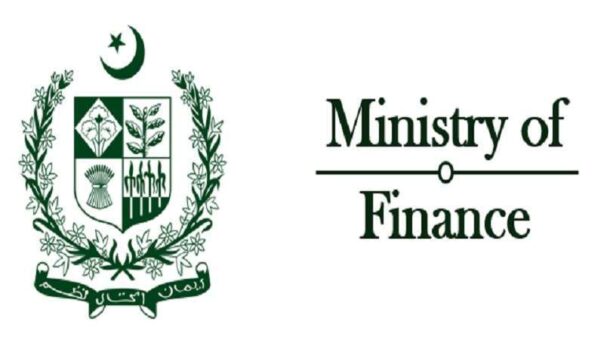Karachi, October 2, 2023 – Pakistan has taken significant steps to combat inflation and stabilize its economic outlook. Recent administrative measures aimed at improving the availability of essential food commodities and addressing supply constraints are yielding positive results, according to the Ministry of Finance’s monthly economic report.
One of the key accomplishments highlighted in the report is the success of administrative and regulatory actions to combat illegal activities in the foreign exchange market. These measures have narrowed the gap between interbank and open market exchange rates, contributing to improved economic stability.
READ MORE: Pakistan’s Foreign Exchange Reserves Decline to $13.162 Billion
On the external front, the report indicates that Pakistan’s current account deficit and related indicators have shown promising developments in August. The country’s fiscal performance remains satisfactory as it enters FY2024.
The government’s economic revival plan, along with prudent policies such as the Strategic Investment Framework (SIFC) and Information Technology (IT) policy, is expected to attract new investments, fostering higher and more inclusive economic growth in FY2024 and beyond.
READ MORE: PPL Explores Engagement with Sovereign Foreign Investors in Reko Diq Project
In July FY2024, fiscal performance remained satisfactory, with a surplus in the primary balance and a fiscal deficit at a similar level to the previous year. New tax measures have contributed to direct tax collection, and import-related taxes have seen significant growth due to the removal of import restrictions. Sales tax collections have also increased, primarily driven by domestic collection.
Overall, these developments indicate a revival in economic activities and sales, which bodes well for achieving the tax collection target in the first quarter of FY2024.
The government is actively implementing a strategy to ensure fiscal sustainability through revenue-enhancing initiatives and prudent expenditure management. Efforts are focused on limiting the fiscal deficit to 6.5 percent of GDP and maintaining a primary balance surplus of 0.4 percent of GDP during FY2024.
READ MORE: Pakistan’s September Inflation May Rise to 31.1% Due to High Energy Prices
The August FY2024 Balance of Payment (BoP) data reveals positive trends, with exports of goods and services increasing by 13.8 percent on a month-on-month basis. Imports of goods and services also recorded a marginal 1.4 percent increase. These developments have contributed to a 12.6 percent decrease in the trade deficit of goods and services in August.
Worker’s remittances increased by 3.2 percent in August 2023, further improving the current account balance, which decreased by approximately 79 percent on both a month-on-month and year-on-year basis.
Looking ahead, recent administrative measures against speculative activity in the foreign exchange market are expected to positively impact remittances inflows, trade, and the current account balance. Pakistan’s main export markets, including the US, UK, Euro Area, and China, are showing upward trends in monthly Composite Leading Indicator (CLI) positions, indicating positive prospects for export growth in the coming months.
READ MORE: State-Owned Enterprises Report Annual Losses of Rs500 Billion, Says Finance Minister
On the international front, food prices have been experiencing a decline since August 2023. The Food and Agriculture Organization (FAO)’s price index, tracking globally traded food commodities, averaged 121.4 points in August 2023, down from 124.0 in the previous month.
Domestically, the government’s stringent actions against unlawful foreign exchange dealers and hoarders in commodity markets are stabilizing the exchange rate, providing relief from imported inflation and easing commodity prices.
While there is a relief from double-digit base effects in September’s inflation figures, the impact seems to be mitigated by a significant increase in fuel prices during September 2023. Additionally, adjustments in energy tariffs are expected to put further pressure on transportation costs, essential items, and services. As a result, inflation is anticipated to remain high in the coming month, projected to be around 29 to 31 percent in September 2023.
Pakistan’s commitment to prudent economic policies and continued administrative measures reflects its determination to overcome economic challenges and achieve sustainable growth. These efforts are expected to have a positive impact on the country’s economic prospects in the near future.
